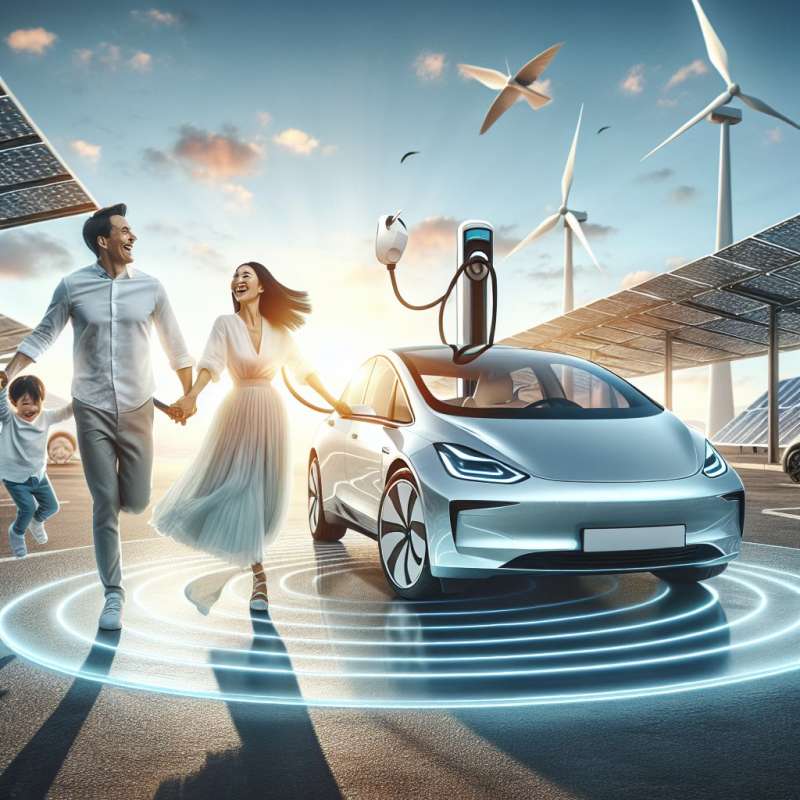
The First Electric Car
Contrary to popular belief, electric cars date back to the 19th century. The first successful electric vehicle hit the road in 1890, created by William Morrison in Iowa. It topped at 14 miles per hour.
EVs and Environmental Impact
While electric vehicles emit no tailpipe pollutants, their environmental impact depends on the electricity source. If powered by coal or natural gas, the benefits are reduced compared to renewable sources.
Battery Technology Breakthroughs
Modern EVs leverage lithium-ion batteries for better energy density. The introduction of solid-state batteries may soon offer quicker charging, longer lifespans, and extended range, revolutionizing the industry.
Regenerative Braking Systems
Electric cars utilize regenerative braking, converting kinetic energy back into stored energy in the vehicle's battery. This process improves efficiency and increases the driving range, distinguishing EVs from conventional vehicles.
EVs Reshaping Auto Jobs
The rise of electric vehicles is altering the automotive workforce. EVs require fewer parts and less labor to assemble, leading to a shift in types of manufacturing jobs and skill sets needed.
Global Electric Car Market
Norway is leading the electric car market, with over 54 percent of new cars sold in 2020 being electric. Government incentives, high fuel prices, and a comprehensive charging network support this trend.
Wireless Charging Development
Future electric vehicles may benefit from wireless charging, eliminating the need for cables and making charging stations more accessible. This technology uses inductive charging pads that could be integrated into parking spots.
Who created the first successful EV?
Thomas Edison
Nikola Tesla
William Morrison
Company